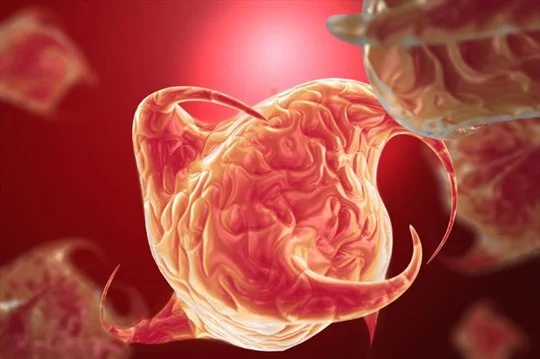The role of supplementary therapies in treating cancer
Research has shown that using supplementary therapies helps children cope with side effects of conventional cancer treatment. The goal in treating cancer is to cure the child of cancer, but there are usually unpleasant side effects the child has to suffer. All medical treatments can cause fear in children, but with each cancer treatment procedure, they already have an idea of what is to come, and the fear become overpowering.
Fear and stress just adds to the many physical and psychological effects that go along with cancer. Scientists have long been investigating ways to ease the fears and negative expectations in children, and help them cope while going through cancer treatment.
A study published in the American Journal of Pediatric Haematology/Oncology reported that hypnotherapy would be of benefit to children having cancer treatment. The tests were done at the Minneapolis Children’s Health Center, on children who had recently been diagnosed with cancer, and were undergoing treatment.
The results were very encouraging, and the consensus was that the improvement in the side effects suffered could have a major positive impact on the quality of life for both pediatric cancer patients and their parents.
How will the hypnotherapy process work?
For many years children have been known to respond well to hypnotherapy, and are more hypnotically responsive than adults. This is probably due to childhood play which involved fantasy, stories, visual imagery, and imaginary playmates.
Children will therefore be more open to hypnotic techniques and suggestions which the therapist will make. Although some kids may be restless during the therapy, and even make comments during the process, this does not mean that they are necessarily resistant to the hypnosis. More often than not, the child may just be adapting hypnosis to his or her particular style of behavior.
The purpose of the therapy and the therapeutic suggestions is to always increase the child’s control of the desired, specific feelings or behaviour, which the therapist wants to achieve. Active participation in the process of experiencing hypnosis is also encouraged.
Studies have indicated that the ideal age for hypnotherapy is usually between the ages of 7 and 14, when responsiveness reaches its peak. Hypnotic ability is also very limited in children under the age of 3.
What about self-hypnosis?
Hypnotherapy can also teach a child to practise self-hypnosis, which is very useful for children who have to undergo cancer treatments on a regular basis for a prolonged period of time. Self-hypnosis is a technique which children can easily learn. It gives them a measure of personal control over their feelings, and helps to counter a sense helplessness about what is happening to them.
It is possible that the sense of control may bring about a beneficial change of attitude to cancer and all its related problems, as well as help to manage other unpleasant symptoms.
Conclusion
Research scientists agree that hypnosis is a safe, non-invasive treatment, with no adverse effects or interaction with drugs and conventional cancer treatment. It is designed to bring ease and comfort to children who may be confused and fearful of what they are going through.
There are many factors involved when it comes to pediatric cancer sufferers, and experts agree that an integrated, supplementary approach may be beneficial.
Children also seem to enjoy the hypnotherapy experience which gives them relief without unpleasant effects. There is no impact on normal function or mental ability.
Note that only the services of a competent, experienced hypnotherapist should be considered.

